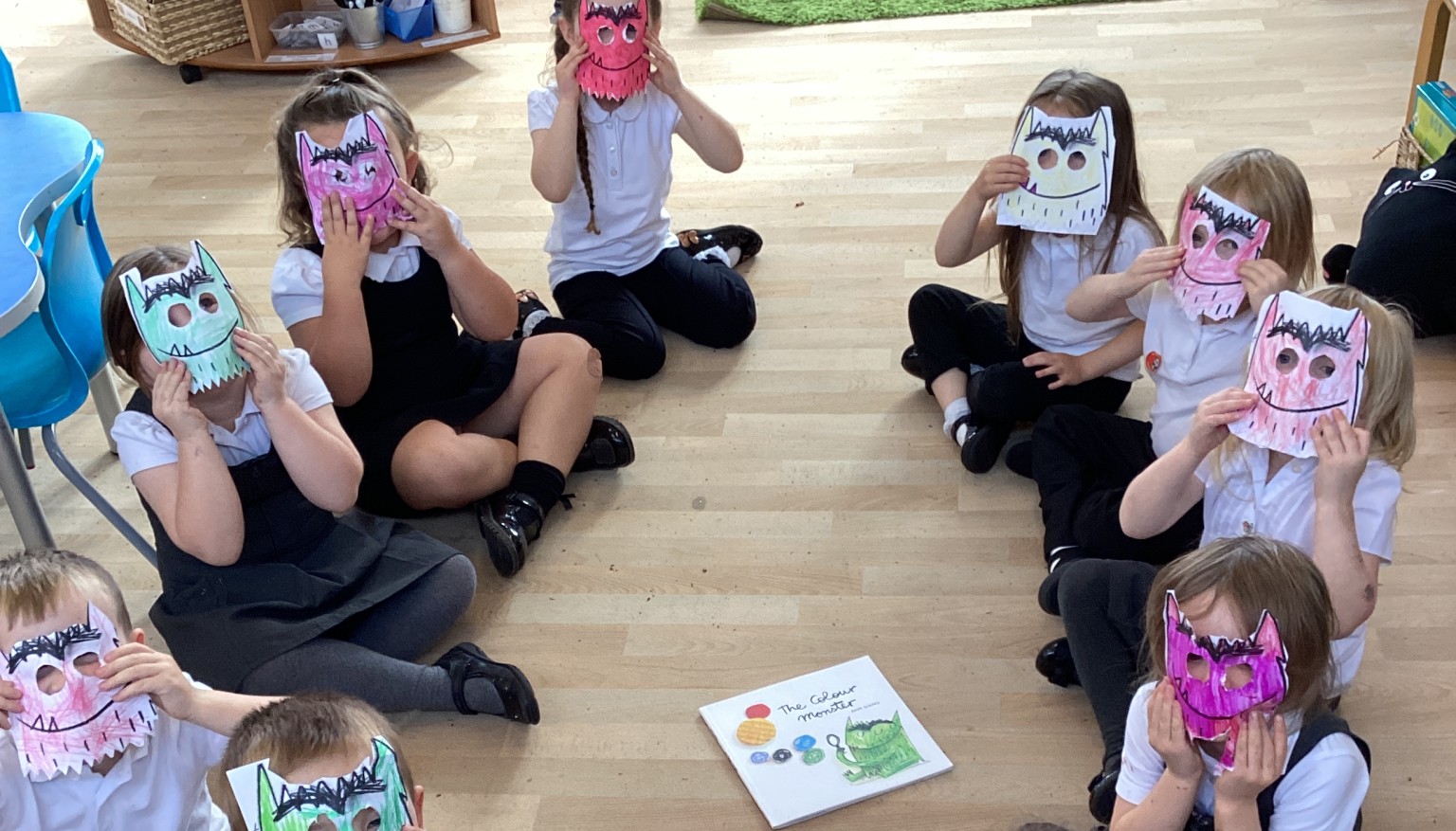
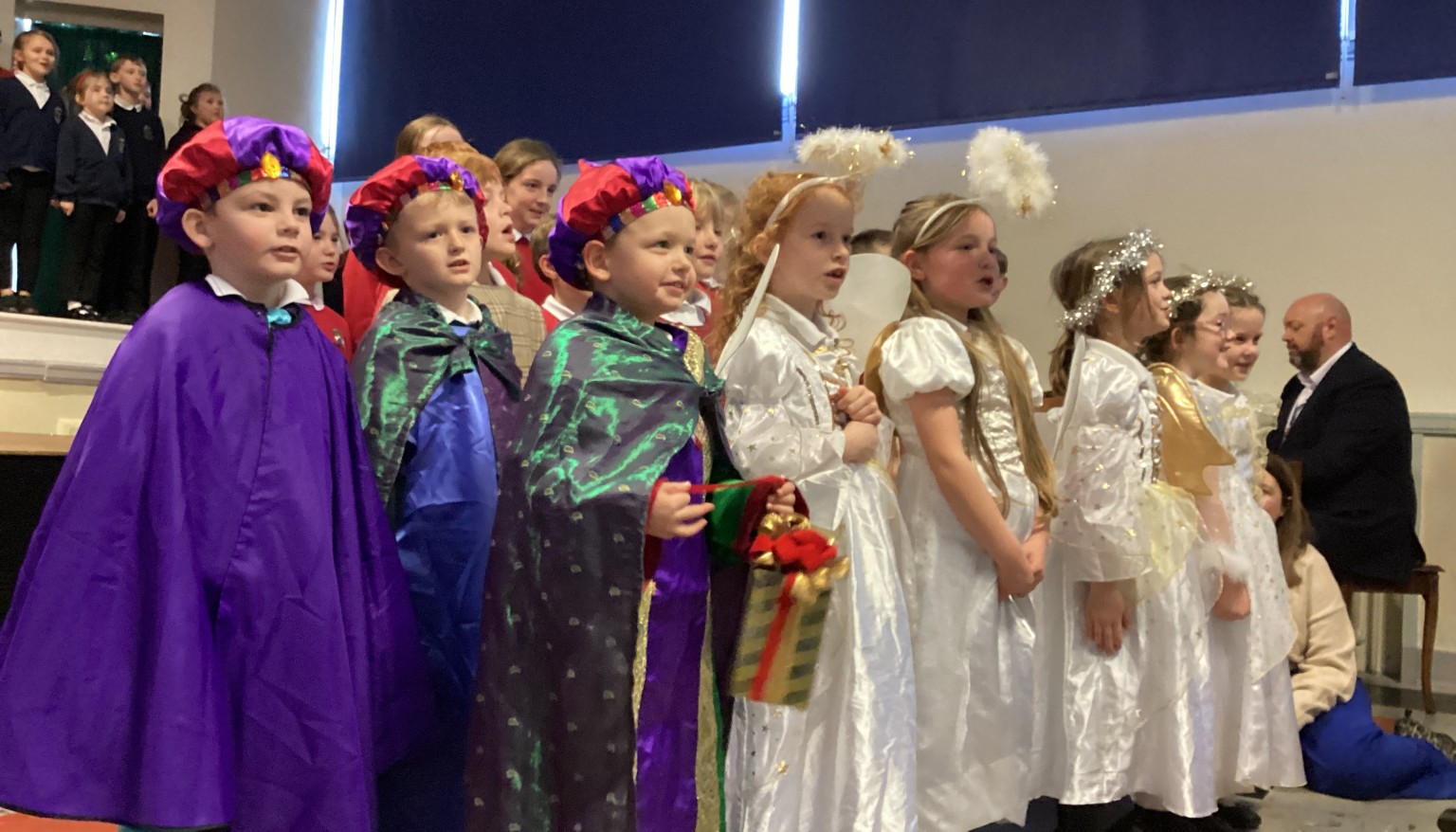
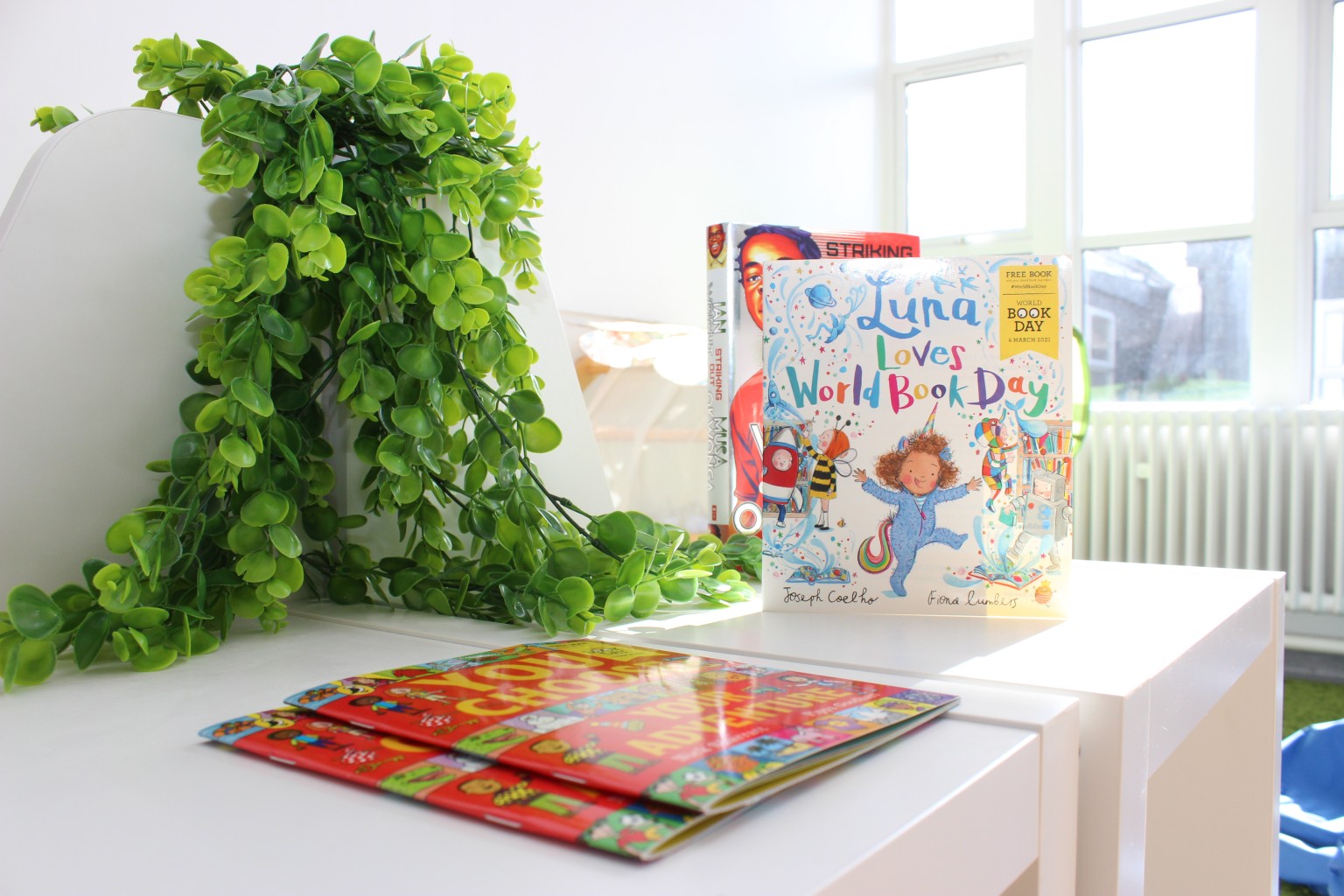
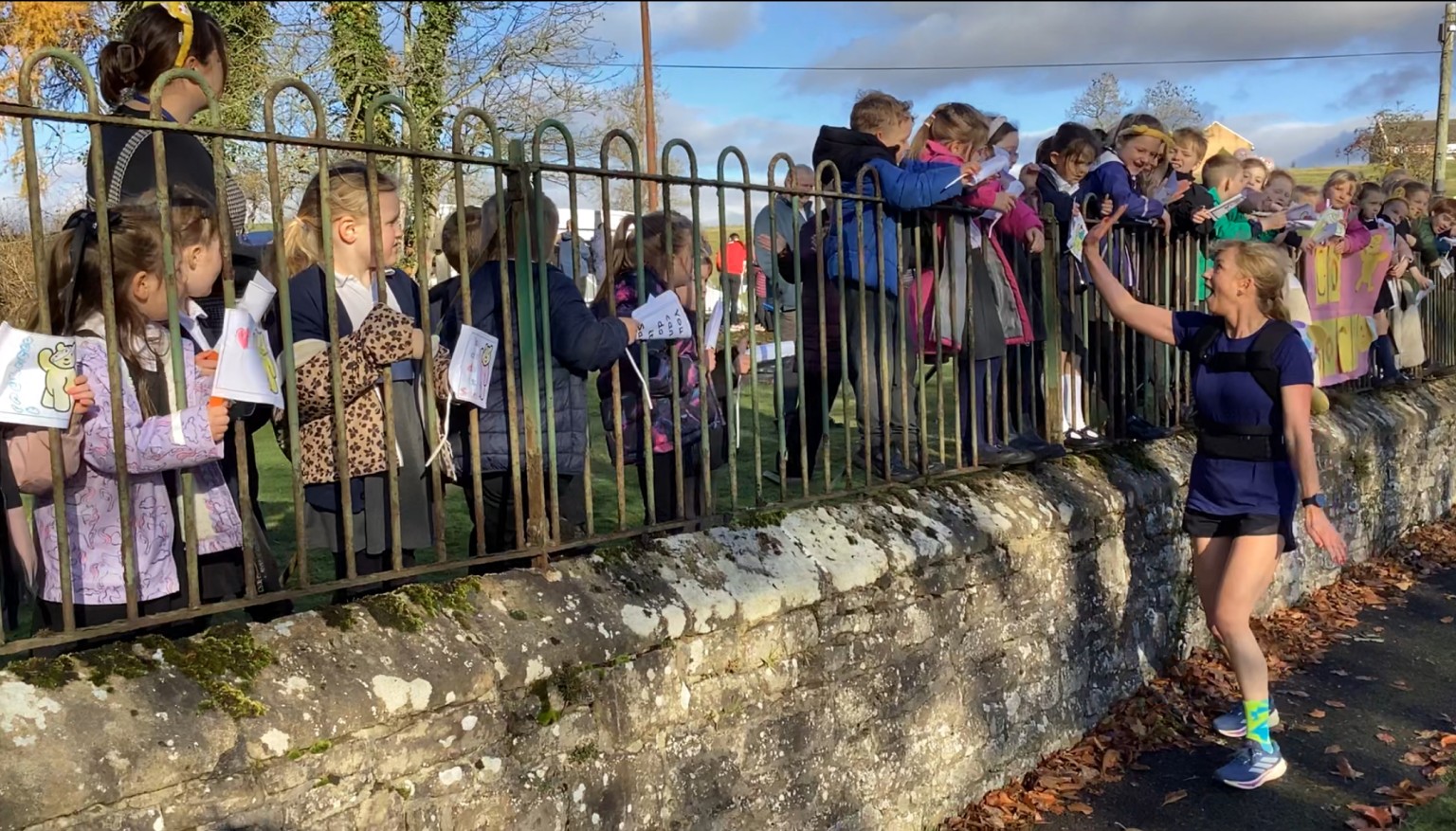
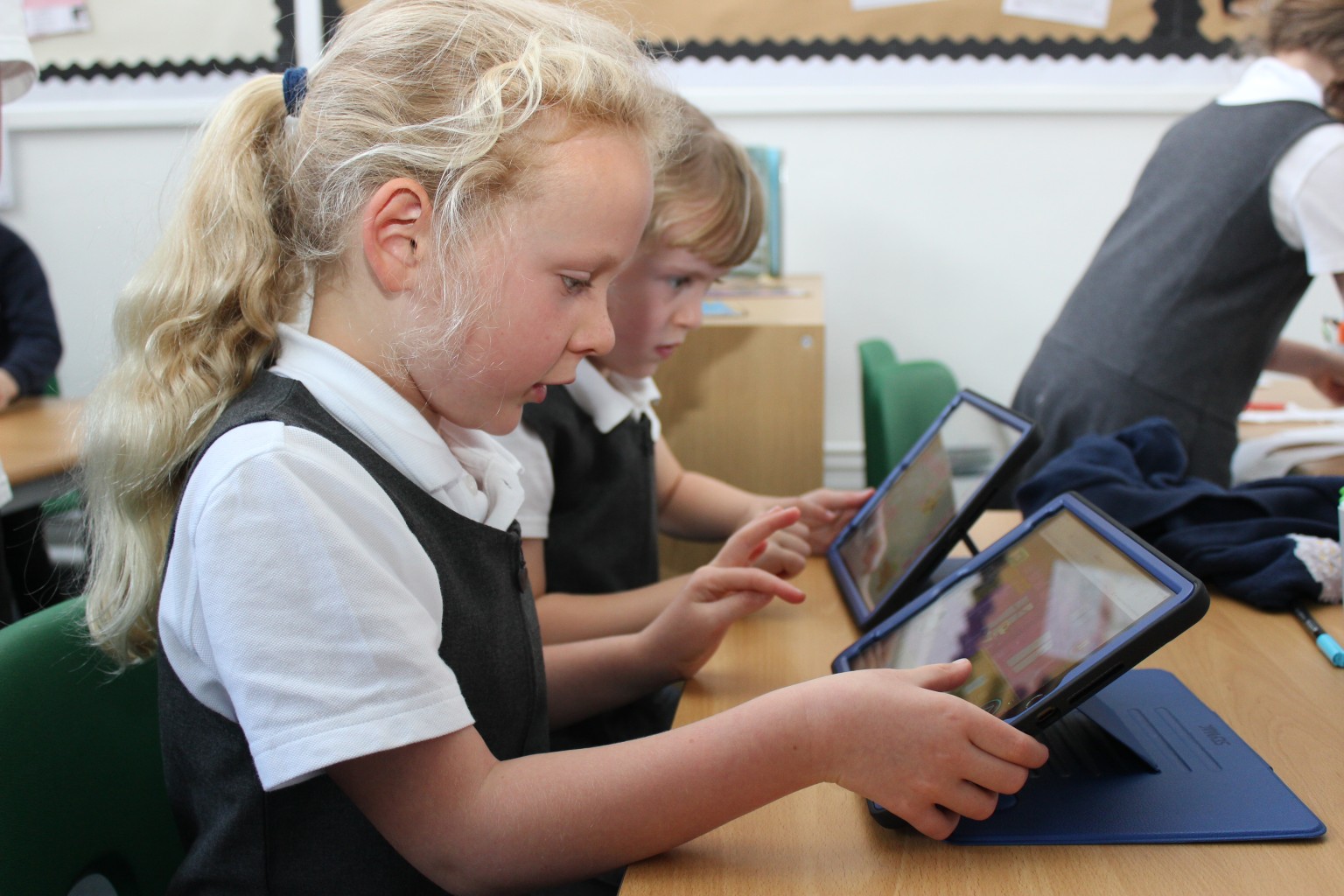

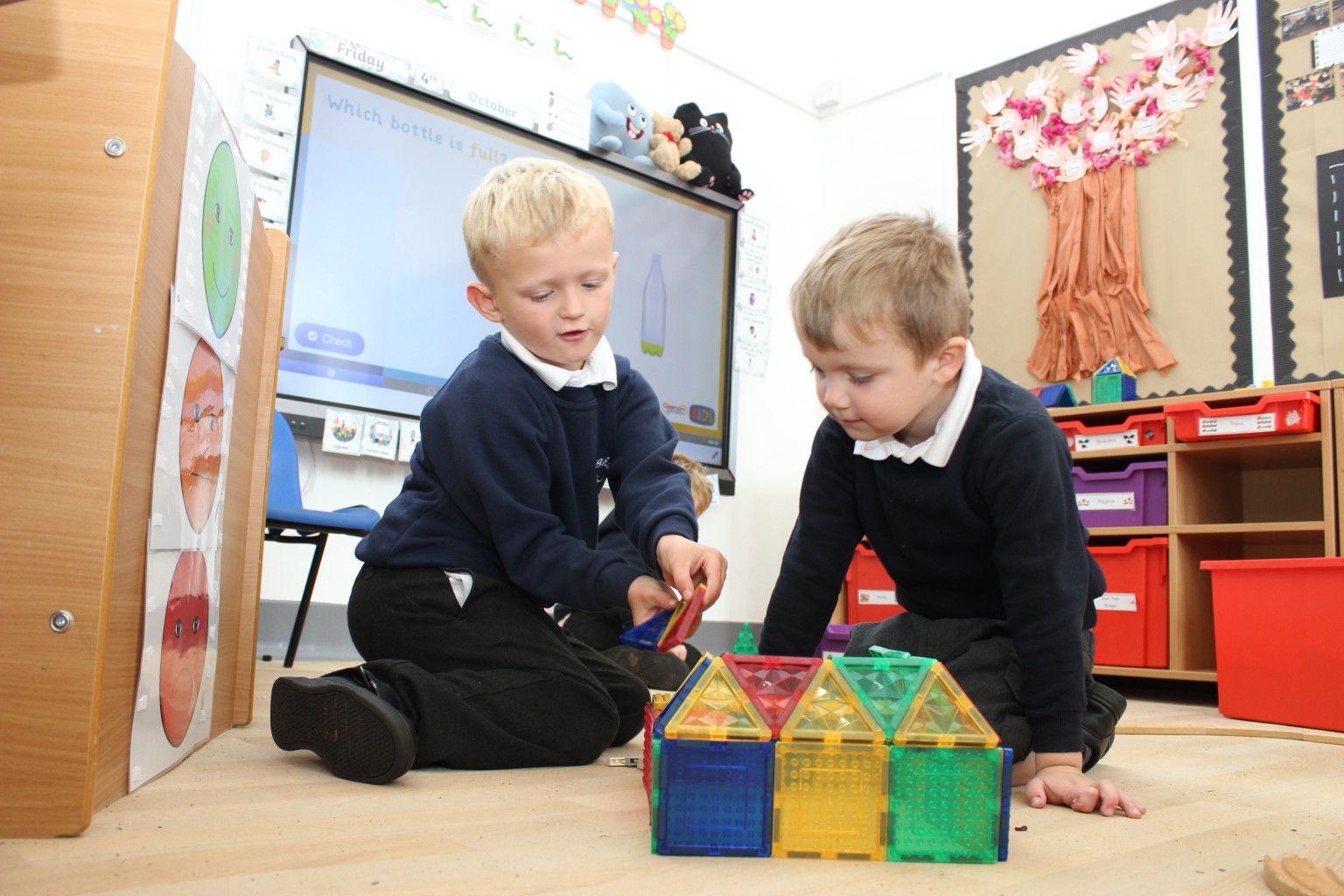
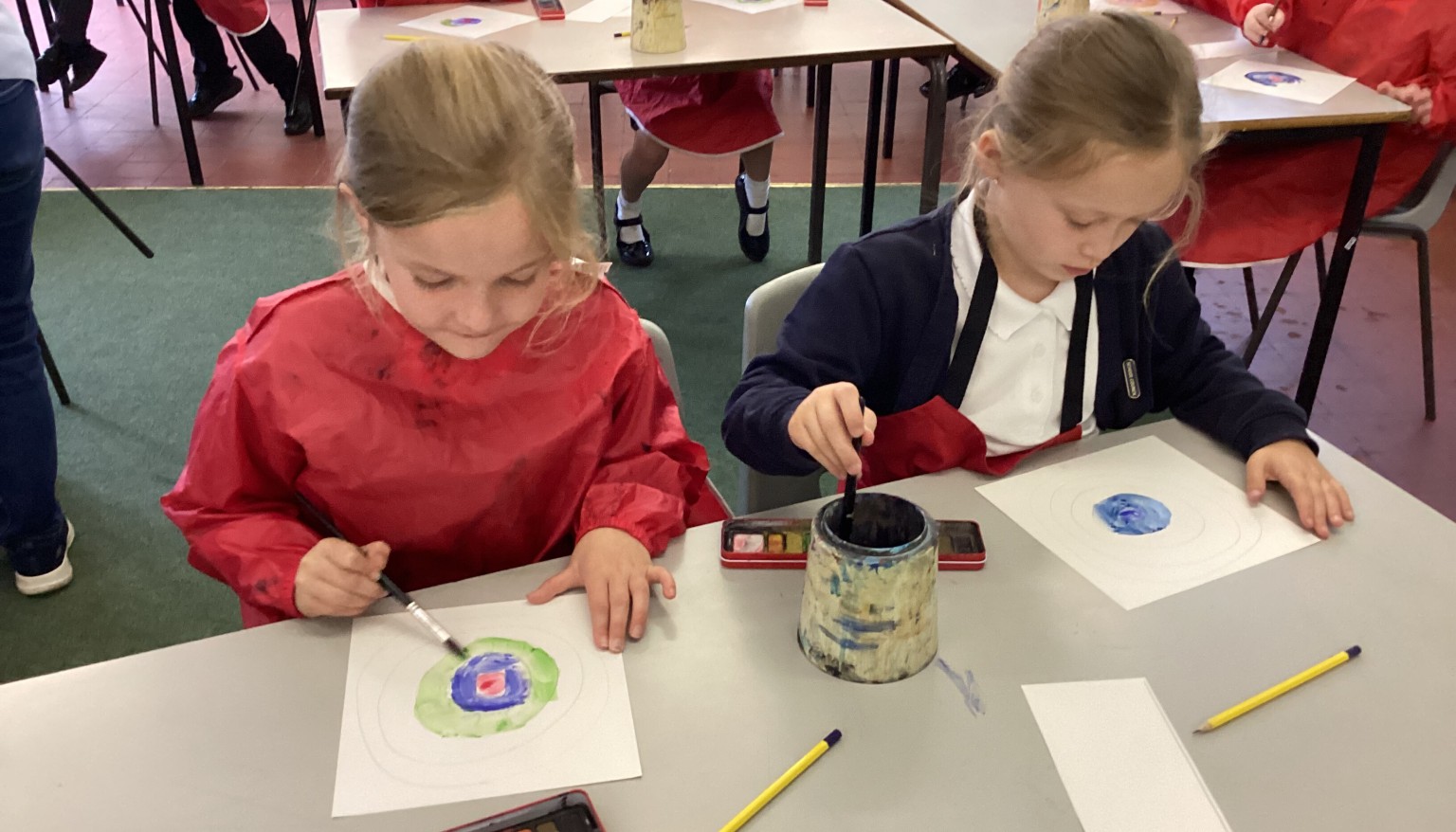
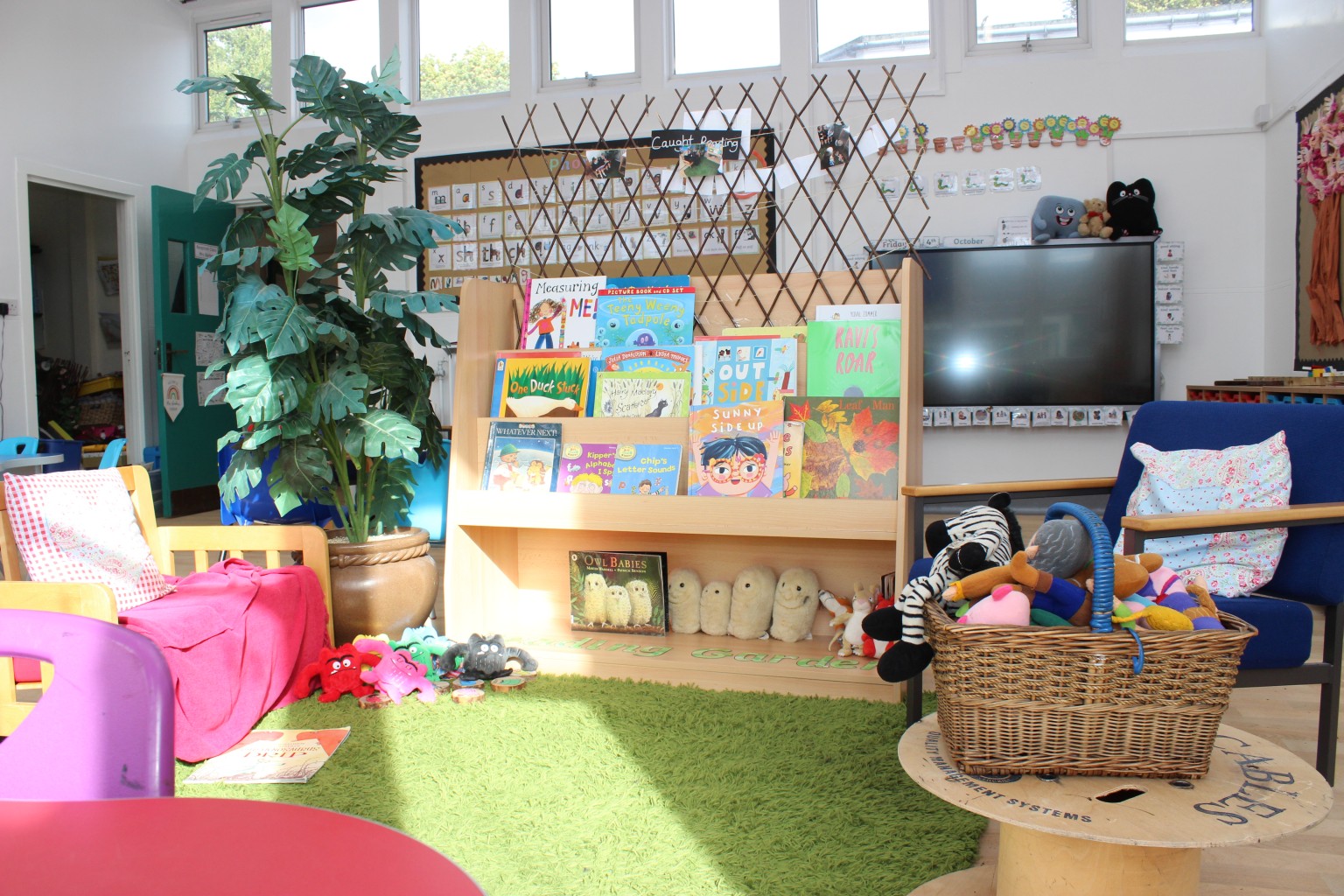
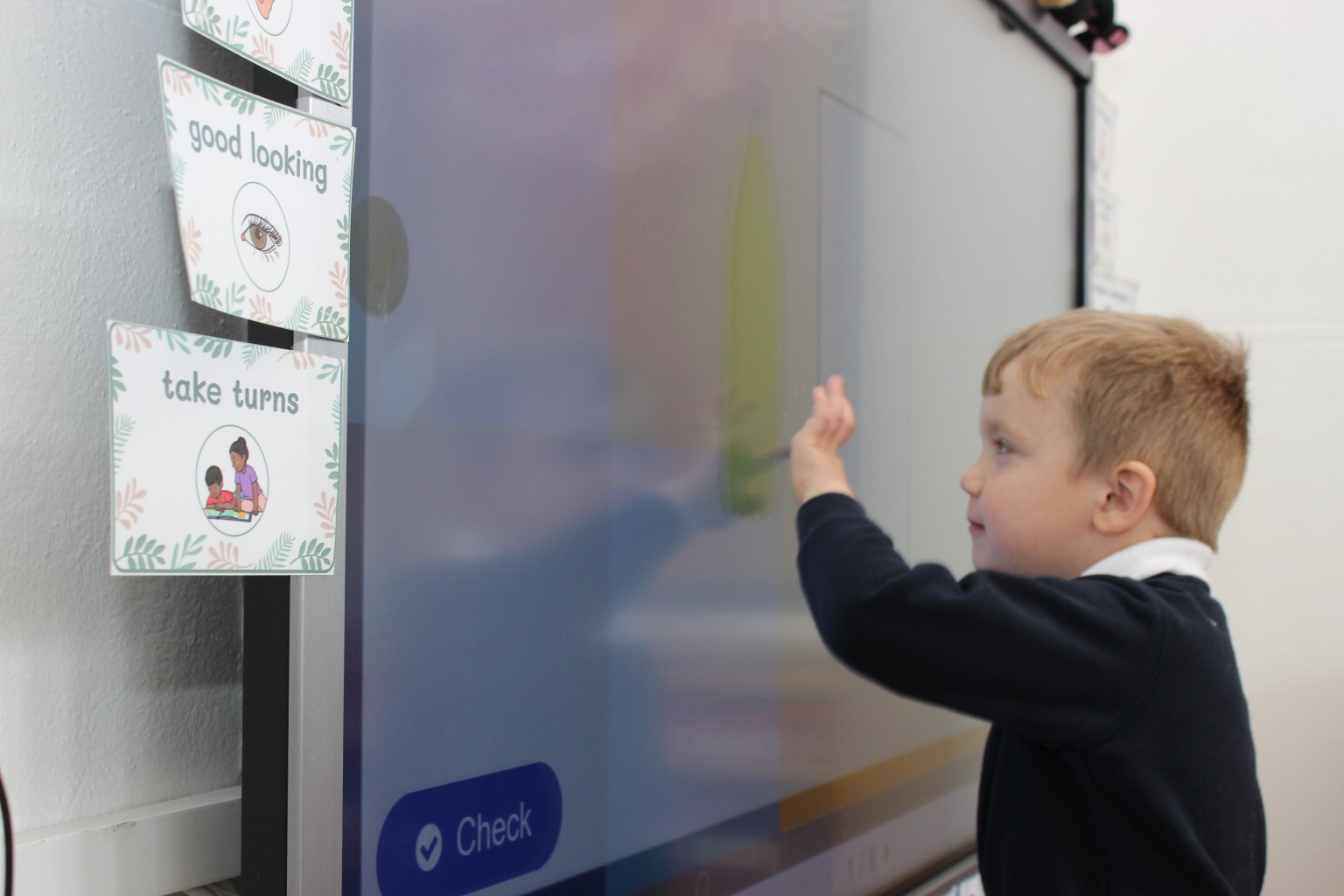
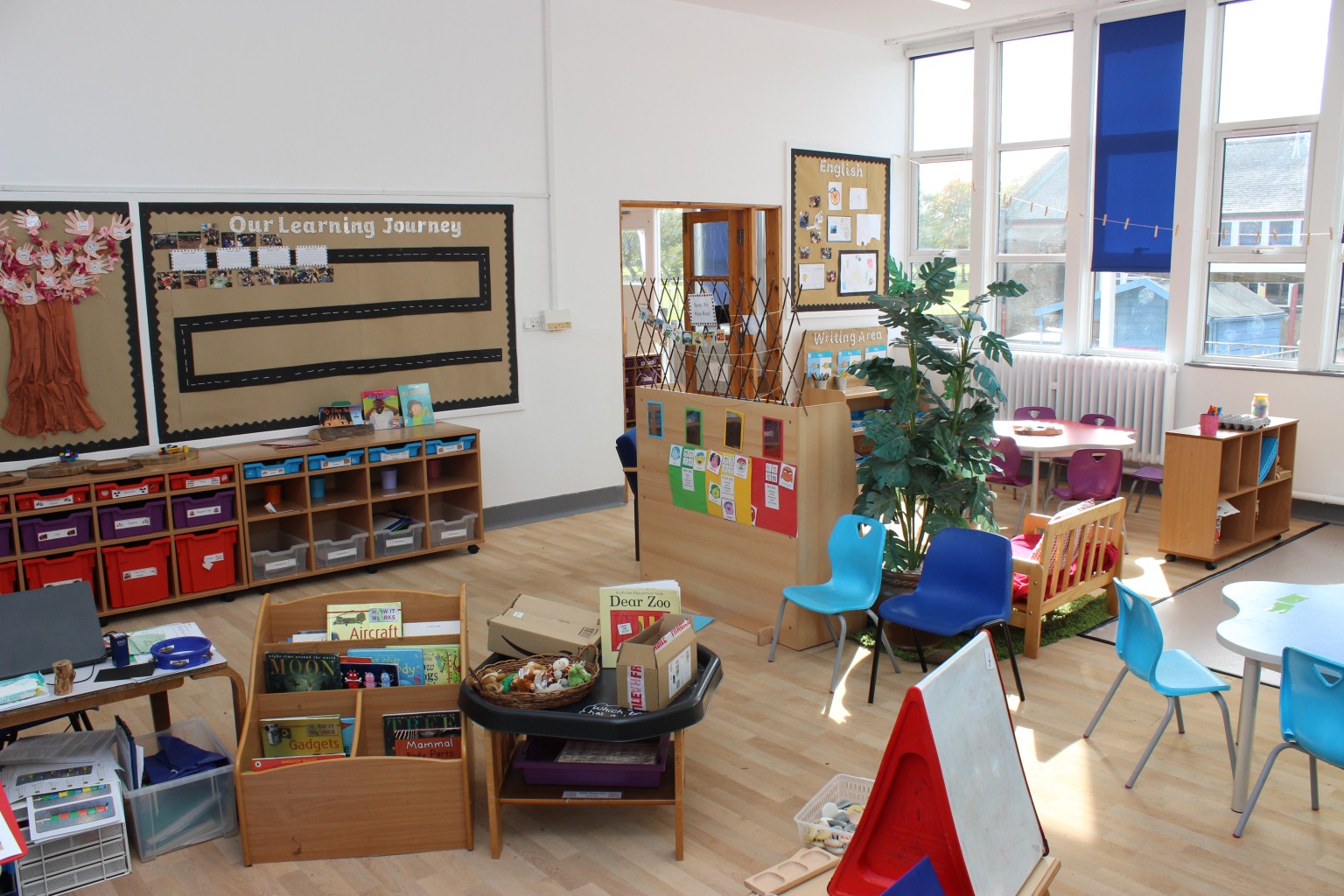
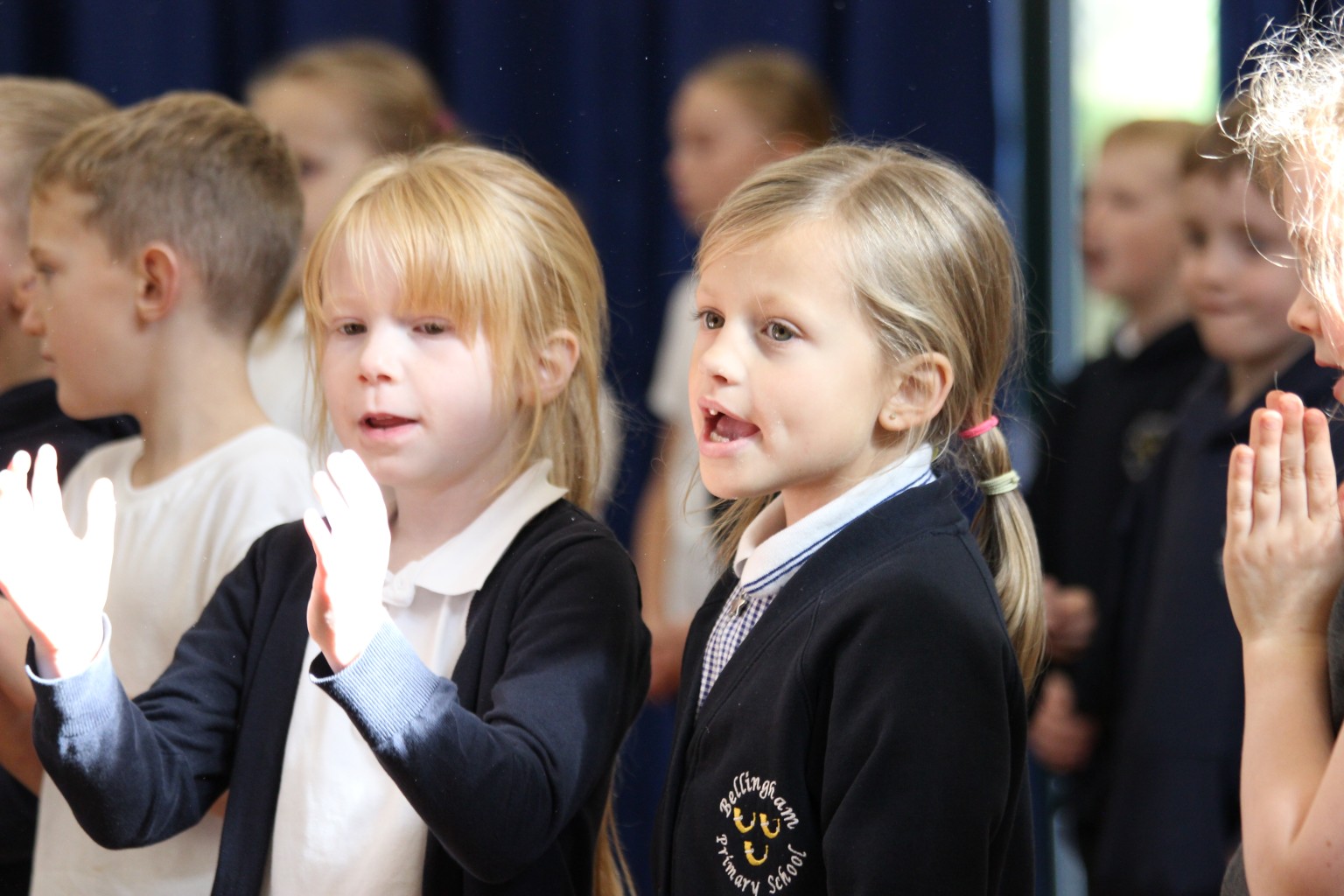

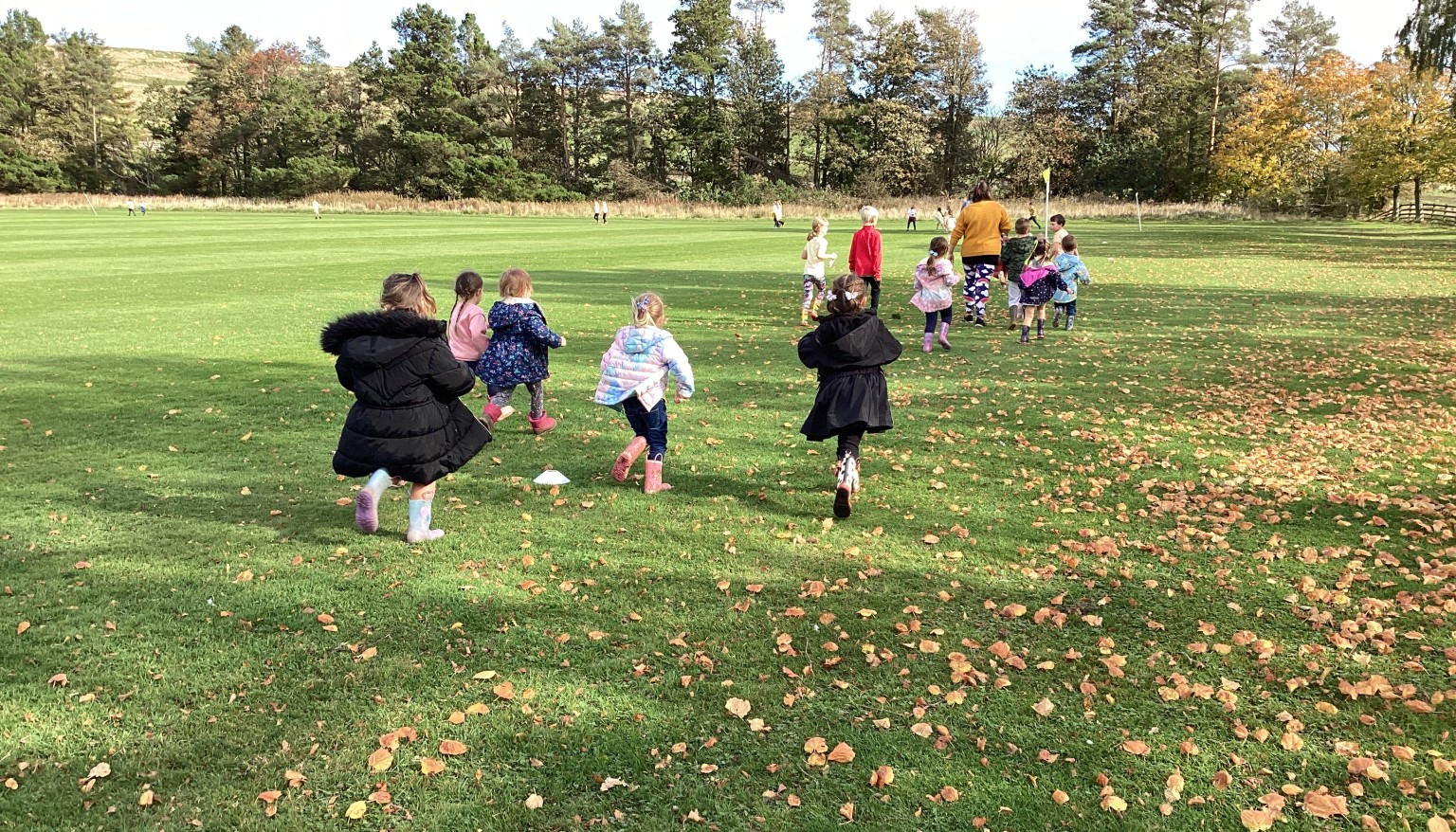
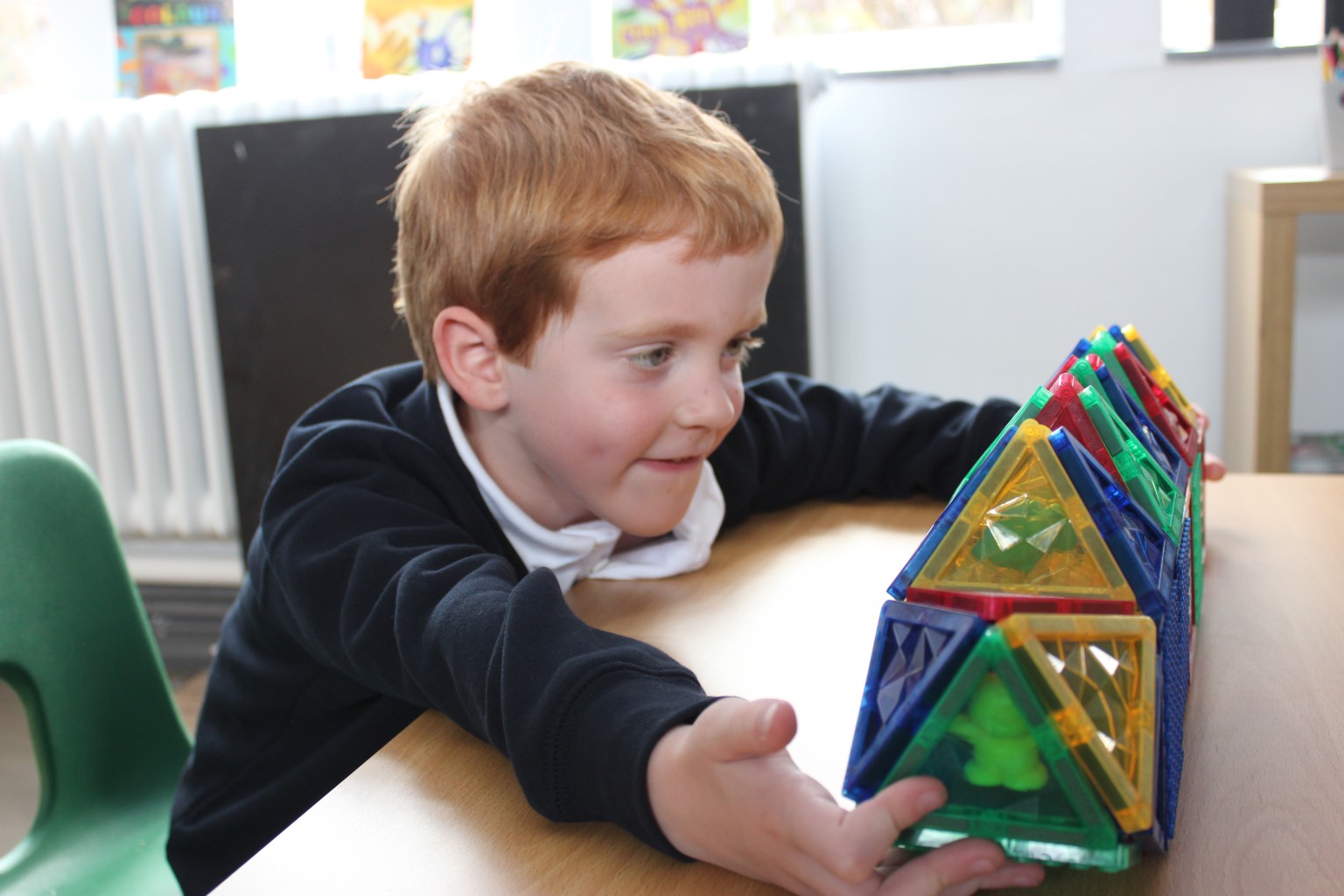
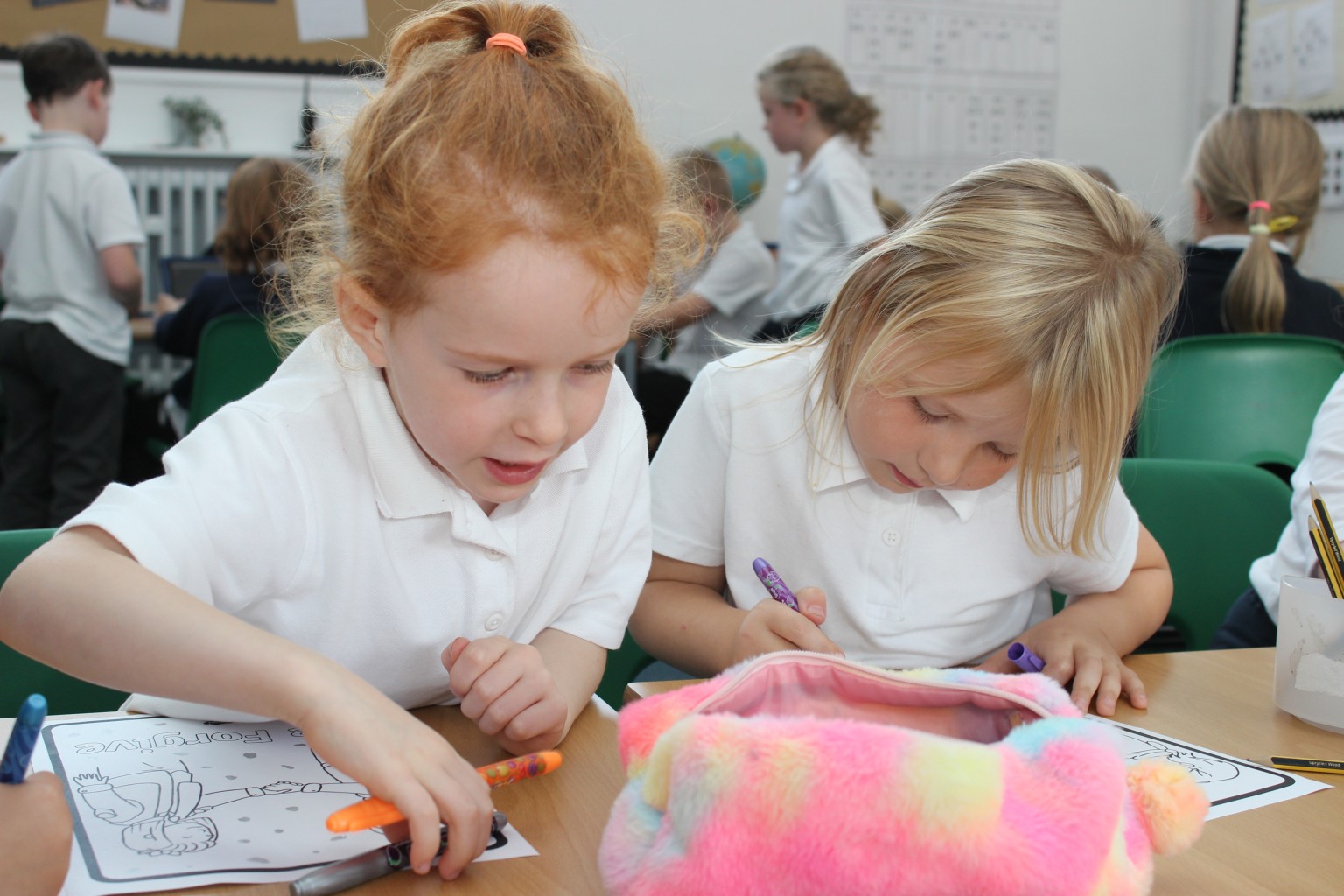
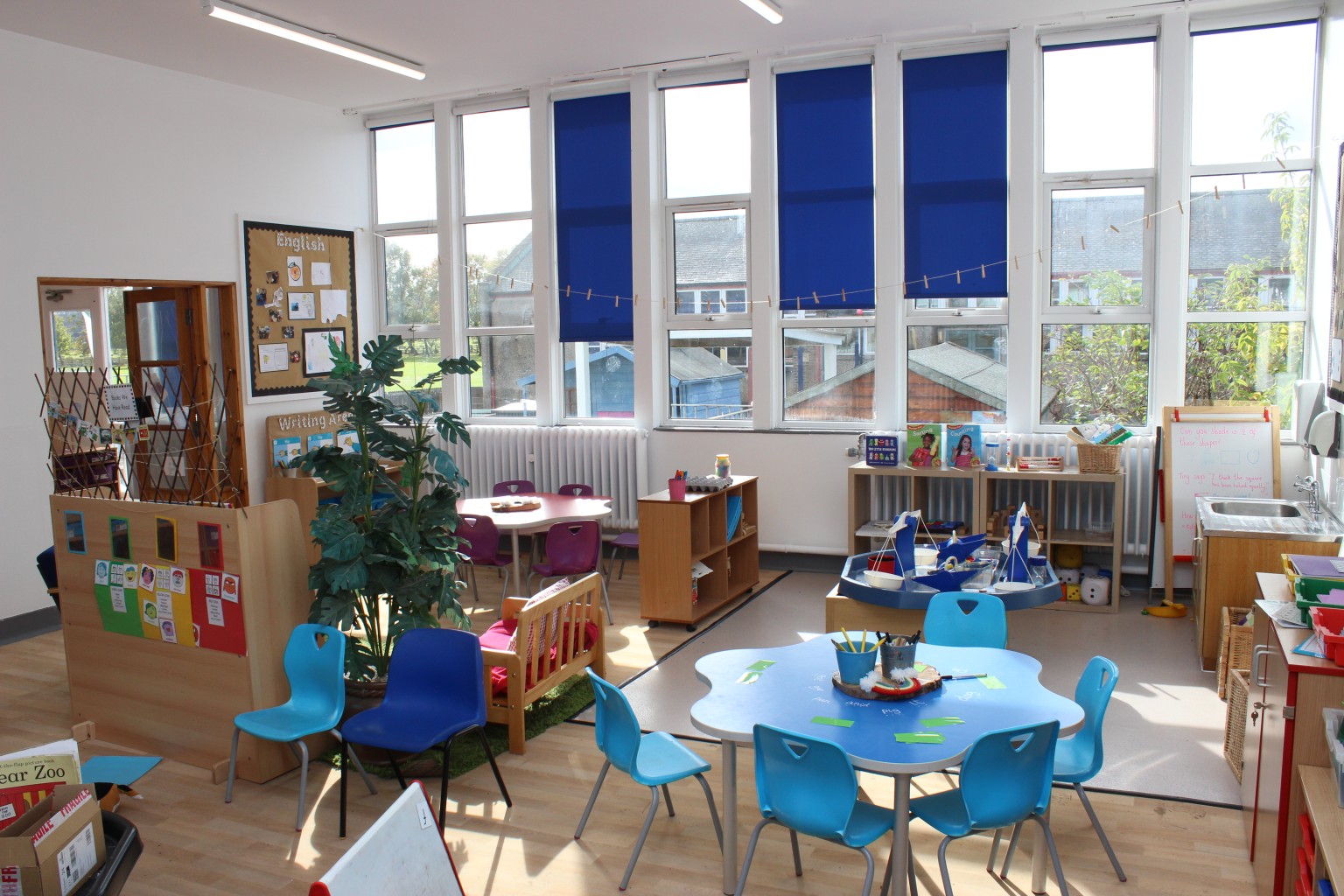
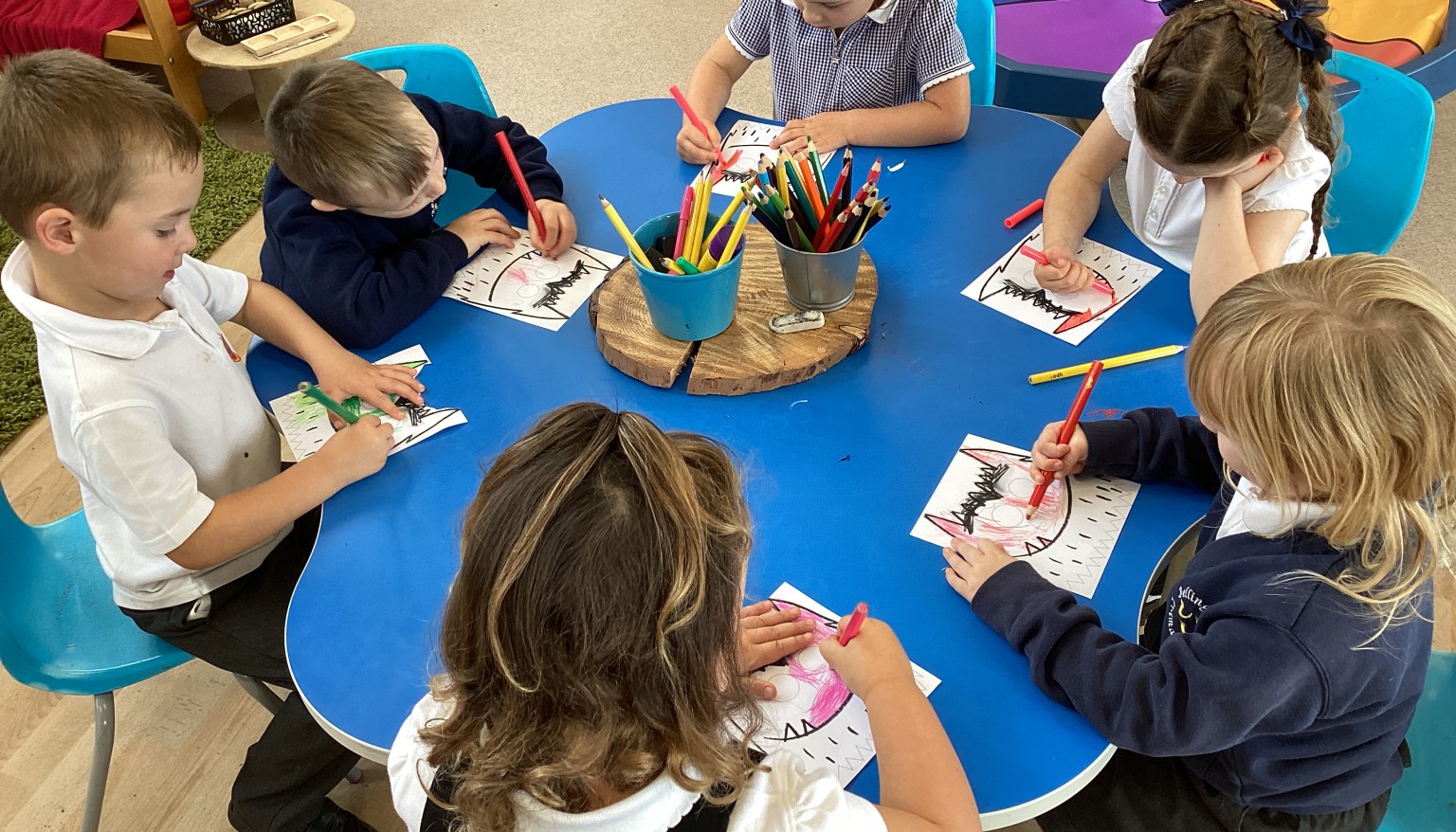

Intent
At Bellingham we want to ensure all of our pupils are successful writers, to be inspired to write for a range of purposes and audiences and to do so with flair and confidence. Our curriculum offer ensures we equip children with the skills they need to become skillful and avid writers. The basis for this progression of skills begins in Early Years and develops through school where we focus on developing confidence and fluency. Throughout school children are encouraged to write for different purposes and audiences and we continually provide opportunities for them to develop their vocabulary and sentence structure skills. We select our focus texts carefully to provide the best models for our young writers. We want our children to truly become authors so that by the end of their time at Bellingham, all children are able to write fluently, and with confidence, in any subject in preparation for their transition to middle school. Our core offer underpins the National Curriculum Writing strands; transcription – spelling and handwriting; composition – articulating ideas and structuring them in speech and writing (planning, drafting, writing, evaluating, proof-reading, editing and reading aloud their work); vocabulary, grammar and punctuation.
Implementation
Children are taught all elements of writing within English lessons through carefully planned learning sequences which are closely linked to our reading curriculum and which provide inspiring models for our children to develop as writers. We passionately believe in writing across the whole curriculum and for our standards to remain high in all areas. Using a rich text based curriculum provides an array of opportunities to write in a meaningful way and across genres. Making links and following the children’s interests is a key driver to high quality writing and helps to inspire and motivate. We focus on progression through the following core areas:
Writing is included daily within English lessons and beyond. Teachers plan sequences of learning, based on rich texts which include a variety of approaches including Drama, SPAG, modelled/guided writing, visualisation, children drafting independently or in groups, reviewing and editing. There is an emphasis on providing extended writing opportunities within each unit. Grammar is taught both discretely and within the context of the writing to ensure a secure understanding. We have our own key skills progression documents to support teacher across all genres of writing so that we can make certain children’s writing skills are deepening as they move through school. Presentation of writing and taking pride in our work is important to us.
Impact
The impact of our writing curriculum and progression through our core learning areas ensure clear progress, sustained learning and transferable writing skills applied across the whole curriculum. By the time our pupils leave Bellingham, they are proficient writers who enjoy writing for a range of purposes and audiences. At least each term, a formal assessment of writing is carried out based upon several extended pieces of writing that children have completed. We use tracking systems to identify strengths, gaps or significant weaknesses, evaluate planning accordingly and to set pupils targets.
